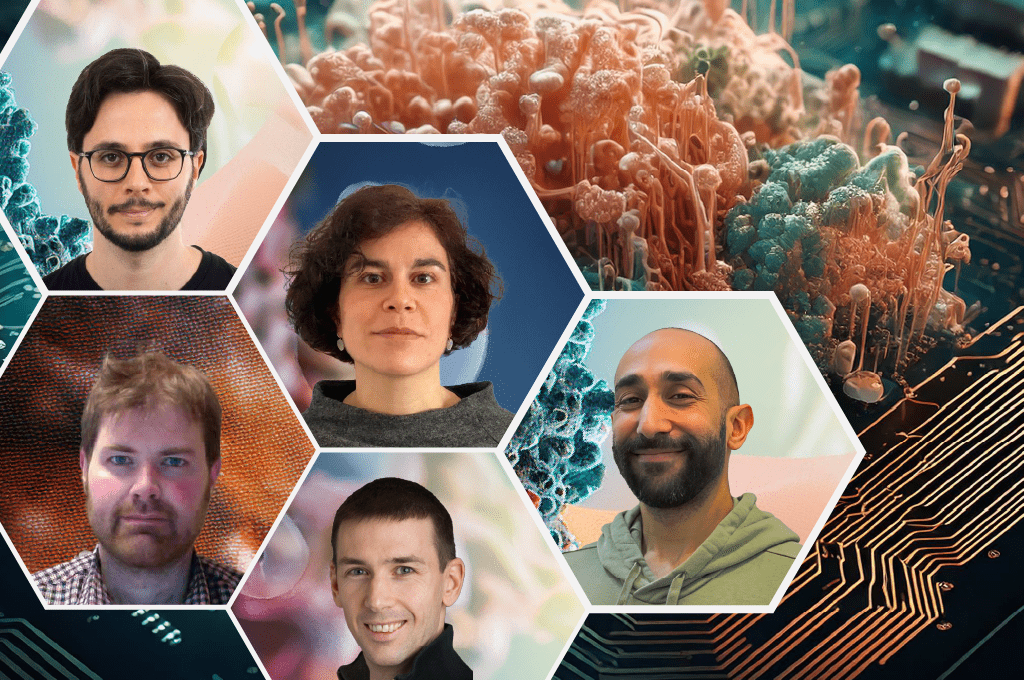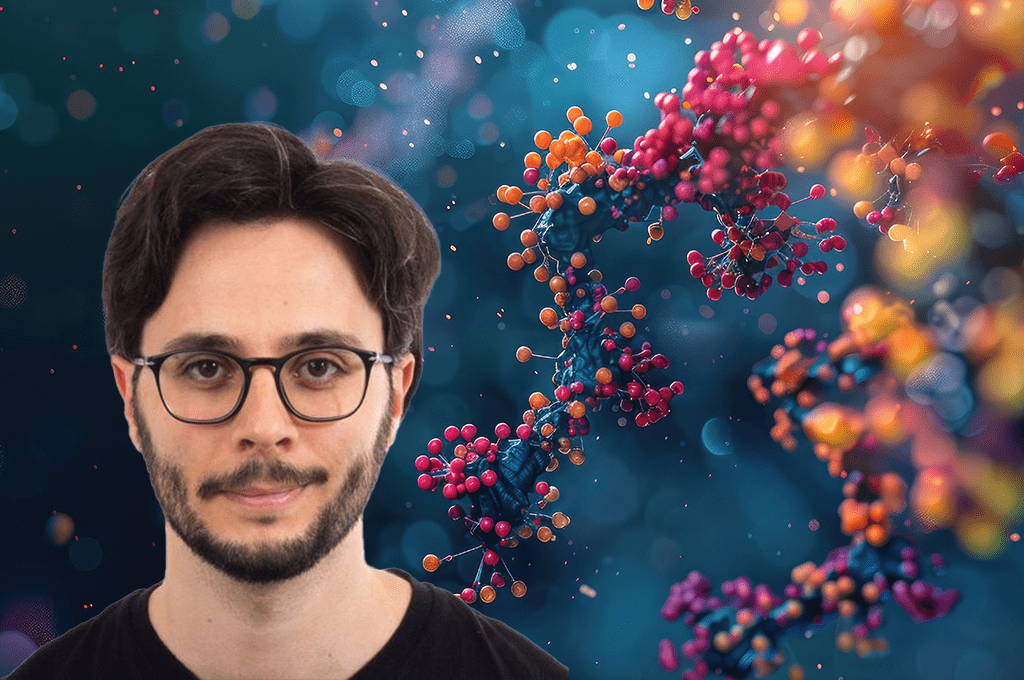SciLifeLab view on the Nobel prize in physics: “AI enables us to turn data into valuable knowledge”
The Nobel Prize in Physics 2024 is awarded to John Hopfield and Geoffrey Hinton for discoveries that enabled artificial intelligence. At SciLifeLab, AI is becoming a central technology that holds promise to accelerate science and enable new discoveries.
This year’s Nobel Prize in Physics has been awarded to John Hopfield and Geoffrey Hinton for their groundbreaking discoveries: “for foundational discoveries and inventions that enable machine learning with artificial neural networks” writes the Nobel Assembly in a press release.
Inspired by the structure of the brain, artificial neural networks form the foundation of much of today’s machine learning when we talk about artificial intelligence. Hopfield and Hinton showed that algorithms could learn and extract patterns from large data sets using neural networks, something which today is of high importance to life science research.
“Life science has become increasingly data-rich, and AI enables us to turn this data into valuable knowledge”, says Ola Spjuth, Head of AI at SciLifeLab. “AI has the potential not only to accelerate research in life sciences but also to open the door to entirely new types of discoveries.”
Many scientists at SciLifeLab incorporate AI in their research today; from using large language models such as ChatGPT to summarize scientific literature, to predicting biological interactions and generating novel hypotheses.
The speed of development for AI methods is fast and new methods and frameworks are continuously being made available – a trend driven by Big Tech companies such as Meta and Google. It can be challenging to keep up to date with the latest methods, and the technologies also require access to large compute resources.
“The Nobel Prize puts focus on the importance AI has and will have on science. At SciLifeLab we work to facilitate this transformation for scientists to take advantage of AI in life science research”, says Ola Spjuth.
One example of this is SciLifeLab Data Centre’s work on supporting scientists with access to tools for data management and frameworks for AI modeling, accessing high-performance computers, and publishing the resulting AI models. Other initiatives includes joint projects between the KAW-funded program for Data-Driven Life Science (DDLS) and Wallenberg AI, Autonomous Systems and Software Program (WASP).
Links:
SciLifeLab Serve opens up for users to share machine learning models and data science apps
Tools for AI/ML research in life sciences
WASP and DDLS joint research projects
Contact SciLifeLab researchers involved in AI research
Ola Spjuth
Head of AI at SciLifeLab
Professor Uppsala University
Email: ola.spjuth@scilifelab.se
Telephone: +46 70 425 06 28




